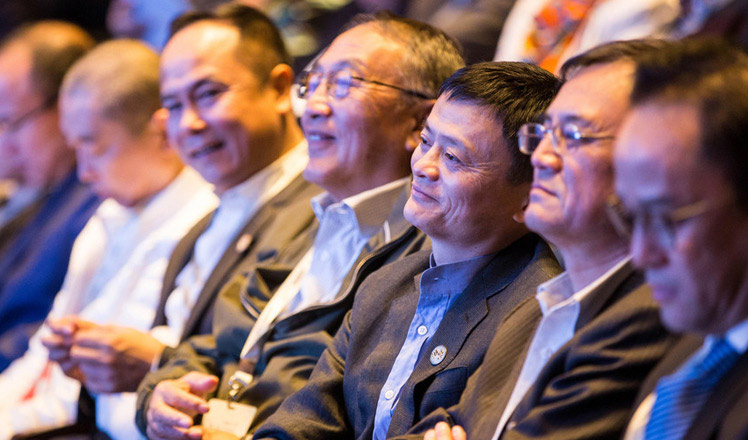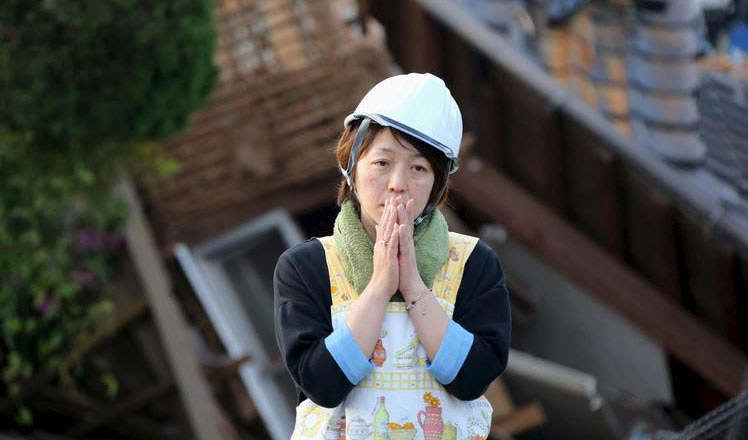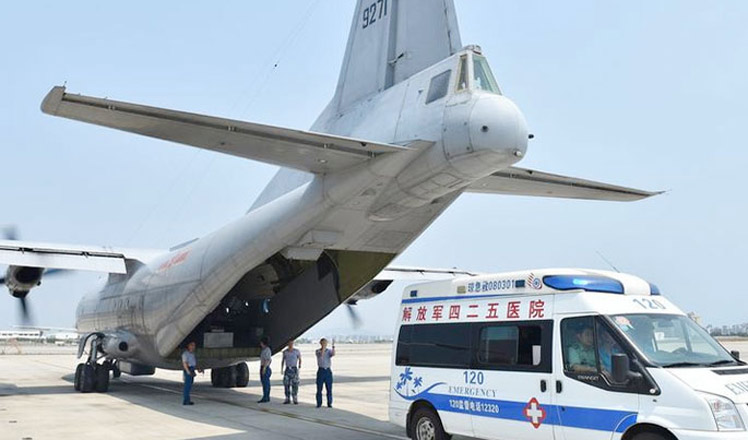One Belt, One Road raise hopes
Updated: 2016-04-20 05:10
By HUA SHENGDUN in Washington(China Daily USA)
|
||||||||
The One Belt One Road (OBOR) initiative can play a role on a variety of fronts, from creating diplomatic ties to fighting terrorism in the Middle East and providing opportunities for China-US cooperation, experts said.
"I see the OBOR as low hanging fruit for US-China cooperation, because there is no conflict of interest," said Yves Tiberghien, director of the Institute of Asian Research at University of British Columbia. "If anything, it's going to help stabilize Afghanistan and the Middle East."
Tiberghien was one of several experts gathered at the Center for Strategic and International Studies (CSIS) in Washington on Monday to discuss China's One Belt One Road initiative and China-US relations.
Zhao Minghao, research fellow at the China Center for Contemporary World Studies, IDCPC, said the most important thing is that OBOR will provide people in the Middle East with jobs.
"President Xi Jinping visited the Middle East in January this year, and there were lots of economic agreements between the Chinese government and local governments. One of them was about promoting industrialization in Middle Eastern countries," Zhao explained.
One of the reasons so many young people are joining Jihadist organizations is because of the lack of employment opportunities, according to Tiberghien. "If this OBOR is able to create development, it will be a game changer, and of mutual interest for the US and Europe," he said.
A World Bank study finds that for every $1 billion spent on infrastructure in a region, more than 100,000 jobs are created.
Despite the clear benefits they provide, infrastructure projects are no small undertaking, according to Matthew Goodman, Simon Chair in Political Economy at CSIS.
"Issues of governance, politics, rule of law, corruption, policy challenges, and environmental standards are all in effect," he said. "This is a really difficult area of economic policy and endeavor, so those issues really have to be taken on if we want to fundamentally address the question of infrastructure."
Issues have also arisen in the United States' political climate that may affect opinions on the initiative. Tiberghien said to bring the OBOR to US-China trade relations is "a tall order, because trade relations are now a point of debate in US politics. So this initiative will be highly sensitive and highly politicized."
Allan Fong in Washington contributed to this story
- US presidential hopefuls battle for New York on eve of primaries
- AP, Reuters, New York Times among 2016 Pulitzer Prize winners
- US voters' anger over big money in politics mounts
- Japan quake survivors struggle with shortages
- Possible MH370 debris found in S. Africa being examined in Australia
- More cooperation among China, Russia, India in global affairs: Chinese FM

 Reuters' Pulitzer-winning photos of migrant crisis in Europe
Reuters' Pulitzer-winning photos of migrant crisis in Europe
 Young people invent bicycle wheel hub charger
Young people invent bicycle wheel hub charger
 Culture Insider: Five things you may not know about Grain Rain
Culture Insider: Five things you may not know about Grain Rain
 Smart age makes a billionaire in six years
Smart age makes a billionaire in six years
 China's last steam locomotive is to disappear
China's last steam locomotive is to disappear
 British royal couple visits the Taj Mahal
British royal couple visits the Taj Mahal
 The world in photos: April 11- April 17
The world in photos: April 11- April 17
 PLA plane lands at Yongshu Jiao reef to help patients
PLA plane lands at Yongshu Jiao reef to help patients
Most Viewed
Editor's Picks

|

|

|

|

|

|
Today's Top News
China's finance minister addresses ratings downgrade
Duke alumni visit Chinese Embassy
Marriott unlikely to top Anbang offer for Starwood: Observers
Chinese biopharma debuts on Nasdaq
What ends Jeb Bush's White House hopes
Investigation for Nicolas's campaign
Will US-ASEAN meeting be good for region?
Accentuate the positive in Sino-US relations
US Weekly

|

|









